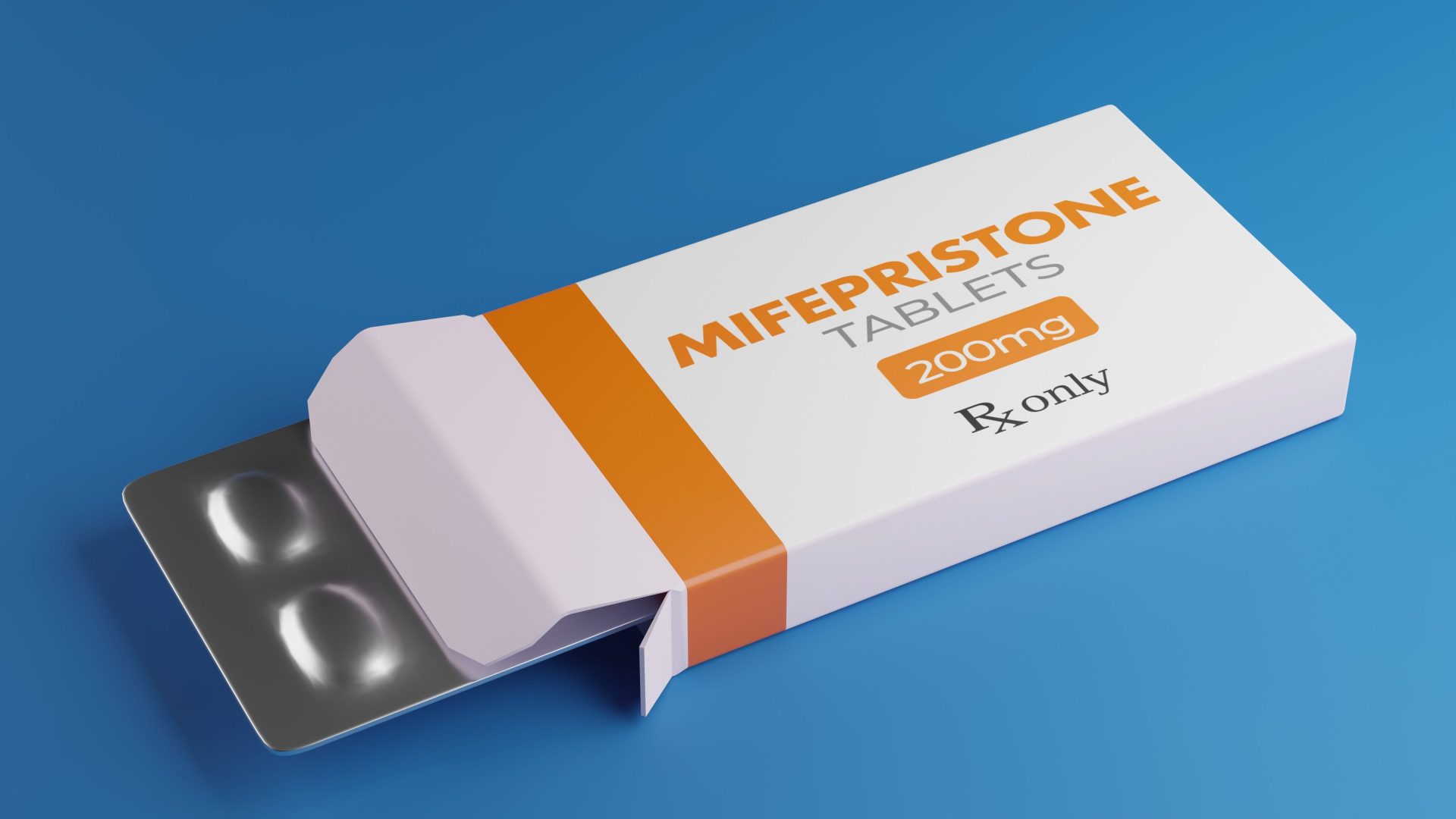


Get a free copy of Parental Rights & Education when you subscribe to our newsletter!

“…scientists are human beings just like the rest of us. They’re not perfect…None of us are. We all make mistakes. And the FDA has made plenty.”
–JUDGE JAMES HO
A panel for the U.S. Court of Appeals for the Fifth Circuit upheld an injunction barring abortion-inducing drugs from being mailed to patients while also restoring prior safeguards in a unanimous ruling earlier this week.
The doctors alleged that the FDA had violated the Administrative Procedures Act (APA) when it approved mifepristone in 2000 and that the expansion of the usage of the drug in 2016 and 2021 resulted in doctors being forced to perform abortions or treat women who had taken the drugs.
The U.S. District Court for the Northern District of Texas sided with the doctors and issued an injunction against the pill’s approval and the FDA’s regulatory changes.
In considering the FDA’s appeal, the Fifth Circuit affirmed the district court’s injunction on all but the FDA’s approval of mifepristone in 2000 and the approval of the generic drug in 2019.
In relation to the 2016 modifications, the Fifth Circuit said the doctors are substantially likely to succeed on the merits of the case. In 2016, the FDA increased the maximum gestational age from seven weeks to ten, allowed non-physicians to prescribe mifepristone; removed the requirement that the administration of misoprostol and the subsequent follow-up appointment be conducted in person; eliminated prescribers’ obligation to report adverse events; changed the method of administration for misoprostol from swallowing the medicine (oral) to placing it inside the cheek (buccal); and changed the dose of mifepristone (reduced from 600 mg to 200 mg) and misoprostol (increased from 400 mcg to 800 mcg).
The panel wrote that the FDA did not study the cumulative effects of the changes nor consider whether the agency needed to continue collecting adverse reaction data.
The FDA decided that the data did not have to be collected “because the risks associated with mifepristone were well known”; it also argued that the change was insignificant because Danco remained obligated to report serious adverse events.
The ruling, however, revealed that Danco’s data came from the FDA’s voluntary reporting system. Doctors testified that the reporting system is so difficult and takes so long to complete most doctors don’t use it. What’s more, the FDA relied on Danco’s data knowing that Danco was using data already available to the agency — data which the FDA admitted was unreliable. One doctor testified that in 2010 Planned Parenthood reported 1,530 events, whereas 664 reactions were reported that year on the voluntary system for the entire nation.
In addition, the FDA relied on its voluntary reporting system to approve its 2021 changes, including allowing women to receive the drug without an in-person doctor visit and allowing the drug to be mailed rather than be administered in the doctor’s office.
The Court chastised the agency, writing,
“…because of the 2016 Amendments, FDA no longer had access to perhaps the best source of data: the prescribers. The agency is responsible for its own inability to obtain probative data; it cannot then cite its lack of information as an argument in favor of removing further safeguards. As the motions panel aptly put it: ‘It’s unreasonable for an agency to eliminate a reporting requirement for a thing and then use the resulting absence of data to support its decision.’”
The Court also ruled that the FDA used studies that it admitted were not adequate to show that dispensing the drugs by mail was safe. The panel wrote,
“Especially in light of the unreliability of the adverse-event data, it was not reasonable for FDA to depend on the published literature to support its decision.”
In a partial dissent, Judge James Ho reasoned that the FDA’s original approval of mifepristone in 2000 was unlawful. The FDA used an authority that allowed it to approve the drug to “treat serious or life-threatening illnesses,” even though, as Ho noted, “pregnancy is plainly not an illness.”

Judge Ho’s response to the FDA and Danco’s view of the district court ruling is important to understanding this case. He wrote:
“In this appeal, neither the FDA nor Danco is content to simply argue that the district court erred. They disparage the ruling as ‘an unprecedented judicial assault on a careful regulatory process.’ The ‘non-expert’ district court issued an ‘unprecedented order countermanding the scientific judgment of the Food and Drug Administration.’ Their message is simple: The scientists at the FDA can do no wrong. So courts have no business reviewing their actions.”
Ho retorted that Congress has instructed the judiciary to review the legality of actions by agencies. He continued that Congress could have exempted FDA, but it did not. “Scientists have contributed an enormous amount to improving our lives. But scientists are human beings just like the rest of us. They’re not perfect…None of us are. We all make mistakes. And the FDA has made plenty.”
Ho detailed only some of the multitude of poor decisions the FDA has made. One example was the FDA’s approval in 1941 of DES (diethylstilbestrol) for women to treat certain pregnancy and postpartum conditions. Before the approval, the FDA knew the drug caused cancer and issues with sexual development in lab animals. The FDA did not rescind its approval of DES for human use until 2000, after the drug was shown to cause cancer and significantly increase the risk of infertility, stillbirth, miscarriage, and neonatal death.
In the last two decades the FDA has had numerous errors. The Journal of the American Medical Association noted that in the ten years following FDA’s approval of mifepristone, almost one-third of all therapeutics it approved experienced safety issues.
Ho added that many courts have ruled FDA actions unlawful, writing,
“The scientists at the FDA deserve our respect and our gratitude, but not our blind deference. That would defy Congress’s clear directive that courts conduct independent legal review of FDA action under the APA.”
Americans should celebrate that the court got it mostly right and has added safeguards back to these dangerous drugs, but they also need to use this as a lesson.
The FDA is not infallible and is not immune to political ideology. Their actions show that they do not care about women’s health. The message they tout about chemical abortion drugs is that they are safe and have almost no risks, but all the data and testimony shows otherwise.
Many doctors who provide these pills don’t even offer women emergency services if they experience a problem. Women take the pill, go home, and suddenly find themselves in excruciating pain, excessively bleeding, and dealing with an incomplete abortion. Women then must go to the hospital where a doctor must treat them and finish the abortion by removing the remaining parts of the fetus that has not been expelled and stanching the bleeding.
Women must remember that the FDA knows that hospitalization is a serious risk; neither it nor Danco disputes this. In clinical trials, over 7 percent of American women who were administered chemical abortion pills had to go to the hospital. Yet that never stopped the FDA from first approving the drug and then removing safeguards, including allowing abortion pills by mail. Women who take these pills often have no idea what’s involved or what they are at high risk of experiencing.
What other drug would be approved if more than 7 out of 100 times it was administered it resulted in a trip to the emergency room? When the left says that these drugs should be available to every woman without a doctor, they are risking women’s well-being. And no pro-abortion slogan about how abortion is healthcare will make that any different.
The Church must be involved in public discourse and influence. That’s why we write — so our readers can be equipped to understand and pursue righteous change in the world. For more timely, informative, and faith-based content, subscribe to the Standing for Freedom Center newsletter.

Notifications